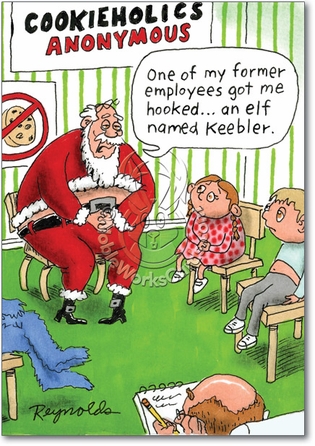| Sourcer:- Google.com.pk |
In addition to "Christmas", the holiday has been known by various other names throughout its history. The Anglo-Saxons referred to the feast as "midwinter", or, more rarely, as Nātiuiteð (from Latin nātīvitās below). "Nativity", meaning "birth", is from Latin nātīvitās. In Old English, Gēola ("Yule") referred to the period corresponding to January and December, which was eventually equated with Christian Christmas "Noel" (or "Nowell") entered English in the late 14th century and is from the Old French noël or naël, itself ultimately from the Latin nātālis (diēs), "(day) of birth".HistoryNativity of Christ - medieval illustration from the Hortus deliciarum of Herrad of Landsberg (12th century)The Chronography of 354 AD contains early evidence of the celebration on December 25 of a Christian liturgical feast of the birth of Jesus. This was in Rome, while in Eastern Christianity the birth of Jesus was already celebrated in connection with the Epiphany on January 6 The December 25 celebration was imported into the East later: in Antioch by John Chrysostom towards the end of the 4th century, probably in 388, and in Alexandria only in the following century. Even in the West, the January 6 celebration of the nativity of Jesus seems to have continued until after 380.In 245, Origen of Alexandria, writing about Leviticus 12:1–8, commented that Scripture mentions only sinners as celebrating their birthdays, namely Pharaoh, who then had his chief baker hanged (Genesis 40:20–22), and Herod, who then had John the Baptist beheaded (Mark 6:21–27), and mentions saints as cursing the day of their birth, namely Jeremiah (Jeremiah 20:14–15) and Job (Job 3:1–16). In 303, Arnobius ridiculed the idea of celebrating the birthdays of gods, a passage cited as evidence that Arnobius was unaware of any nativity celebration. Since Christmas does not celebrate Christ's birth "as God" but "as man", this is not evidence against Christmas being a feast at this time.The fact the Donatists of North Africa celebrated Christmas may indicate that the feast was established by the time that church was created in 311.Many popular customs associated with Christmas developed independently of the commemoration of Jesus' birth, with certain elements having origins in pre-Christian festivals that were celebrated around the winter solstice by pagan populations who were later converted to Christianity. These elements, including the Yule log from Yule and gift giving from Saturnalia, became syncretized into Christmas over the centuries. The prevailing atmosphere of Christmas has also continually evolved since the holiday's inception, ranging from a sometimes raucous, drunken, carnival-like state in the Middle Ages, to a tamer family-oriented and children-centered theme introduced in a 19th-century reformation. Additionally, the celebration of Christmas was banned on more than one occasion within certain Protestant groups, such as the Puritans, due to concerns that it was too pagan or unbiblical.Mosaic of Jesus as Christo Sole (Christ the Sun) in Mausoleum M in the pre-fourth-century necropolis under St ,
Adult Christmas Jokes Adult Jokes Sms Funny Hindi English Photos Images Wallpapers
Adult Christmas Jokes Adult Jokes Sms Funny Hindi English Photos Images Wallpapers
Adult Christmas Jokes Adult Jokes Sms Funny Hindi English Photos Images Wallpapers
Adult Christmas Jokes Adult Jokes Sms Funny Hindi English Photos Images Wallpapers
Adult Christmas Jokes Adult Jokes Sms Funny Hindi English Photos Images Wallpapers
Adult Christmas Jokes Adult Jokes Sms Funny Hindi English Photos Images Wallpapers
Adult Christmas Jokes Adult Jokes Sms Funny Hindi English Photos Images Wallpapers
Adult Christmas Jokes Adult Jokes Sms Funny Hindi English Photos Images Wallpapers
Adult Christmas Jokes Adult Jokes Sms Funny Hindi English Photos Images Wallpapers
Adult Christmas Jokes Adult Jokes Sms Funny Hindi English Photos Images Wallpapers
Adult Christmas Jokes Adult Jokes Sms Funny Hindi English Photos Images Wallpapers










No comments:
Post a Comment